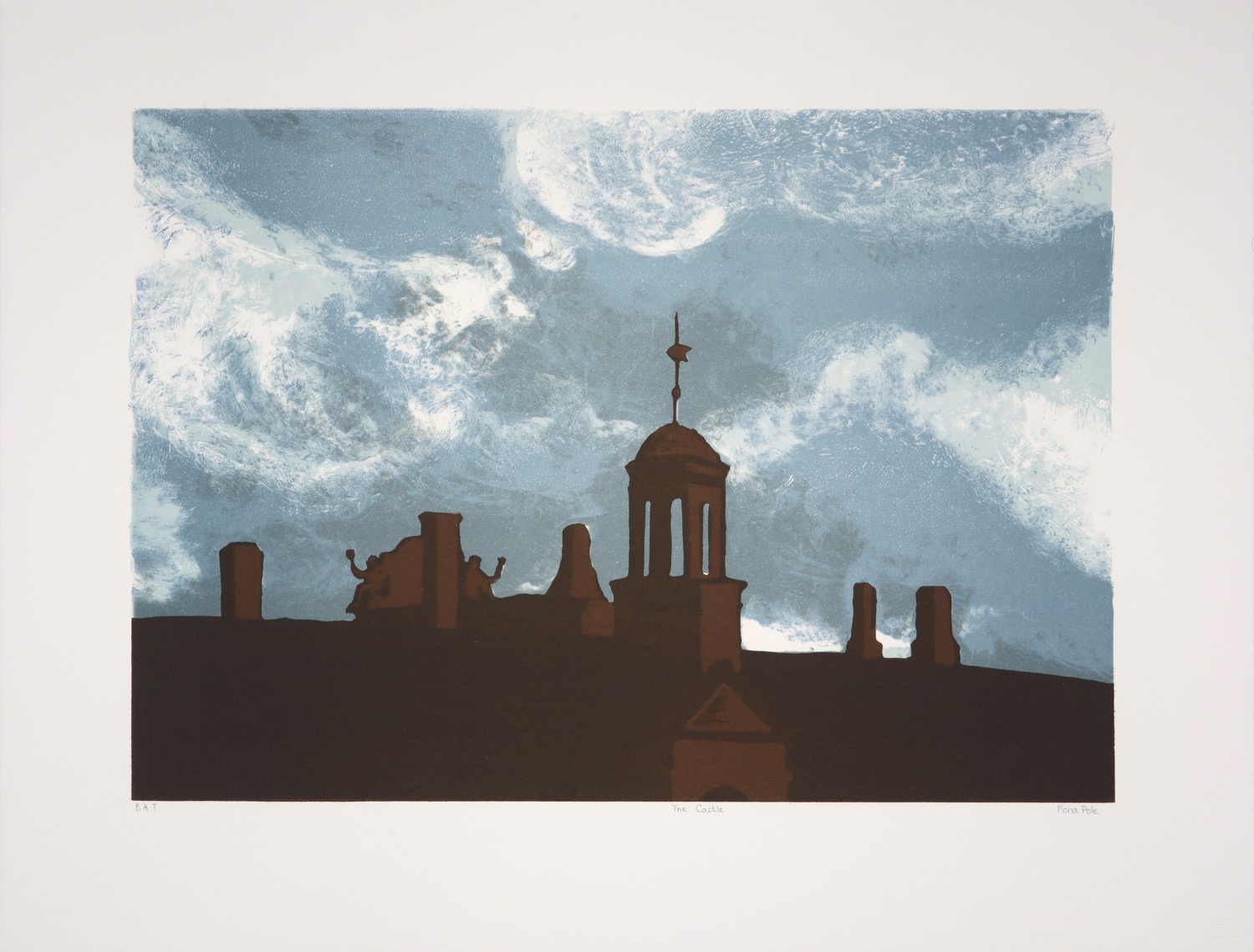
About Andrew Cusack
 Writer, web designer, etc.; born in New York; educated in Argentina, Scotland, and South Africa; now based in London.
Writer, web designer, etc.; born in New York; educated in Argentina, Scotland, and South Africa; now based in London. read more
News
Blogs
Reviews & Periodicals
Arts & Design
World
France
Mitteleuropa
Knickerbockers
Argentina
The Levant
Africa
Cape of Good Hope
Netherlands
Scandinavia
Québec
India
Muscovy
Germany
Academica

British right-liberals are sometimes accused of yearning for “Singapore-on-Thames” but they would, for example, recoil from the state-backed housebuilding that Singapore relies on.
The indomitable Lola Salem visited the flourishing Straits state.
“In everyday life,” she writes, “the state endeavours to demonstrate its relevance and ensure citizens feel that they have a stake in what is achieved in their name.”
But the foundation of Singapore’s undeniable strengths is “a complex tapestry of trade-offs that Western leaders wilfully or inadvertently ignore.”
■ Romania is a delight to visit, but I have only been to Transylvania which is somehow another category entirely. A bit like if you’ve been to Britain, but only (“only”) Scotland.
Christopher Brunet says that Romanians themselves tell foreigners to visit Transylvania and avoid their own capital city. He decided to do the opposite and spent a month as a boulevardier in Bucharest.
Brunet reports back that Romania is quietly doing great.
■ Without meaning to damn with faint praise, David Warren is one of the great Canadians of our age. I long felt an almost spiritual connection to him but, though we have never met in person, I assuaged myself that we were at least infrequent correspondents.
One day I went to check when was the last email I had from him only to be surprised to find that I had never, in fact, corresponded with him at all. So I wrote to him and told him this, which provoked a reply saying that he too had assumed we had written to one another several times. Two mastodons bellowing across primieval swamps, or the Atlantic ocean, or the Canadian border when I was still in New York.
Amongst David’s many accomplishments was the foundation and editorship of The Idler (1985-1993), the greatest Canadian magazine ever printed. Canada generously shovels endless cash at its literary efforts in the hope of producing something homegrown that can survive the onslaught of popular culture from its peaceful neighbours to the south.
Despite critical acclaim and obvious excellence, The Idler’s unfashionable conservatism meant that it never had access to the largesse distributed by the Canada Council for the Arts. As that body funded 96 different publications, David branded The Idler as “Canada’s 97th best literary magazine”.
David writes about his experience editing the review that described its ideal reader as “a sprightly, octogenarian spinster with a drinking problem, and an ability to conceal it”.

19¾ in. x 26 in.; (link)
■ Edinburgh was the site of the second-most venerable legislature in the English-speaking world, and it is worth wending a wander into Old Parliament Hall — one of the city’s three parliament buildings.
We’re all familiar with the way the House of Commons sits, having inherited the antiphonal seating of the old Chapel Royal of St Stephen in the Palace of Westminster.
At Old Edinburgh Reborn, Dr Robert Sproul-Cran has penned a very thorough examination of how seating was arranged in the Estaits of the Realm, the Scots parliament of old.
■ It would take a heart of stone not to be amused by the life and times of King Zog of Albania. He may have been a vulgar gangster but he had a certain flair, and one appreciates the imaginative even when it is self-aggrandising.
Daniel Marc Janes reviews a new book about the Illyrian potentate.
(And if you haven’t read the Albanian writer Ismail Kadare, you should.)
■ The sheer freakishness of American campus life is as fascinating as it is alarming.
The universities of the United States are some of the most influential factors of social control in the world, and whatever weird innovations you experience in your professional or public life worldwide today are usually explained by something that was going on at Yale or Stanford five or ten years before.
Ginevra Davis has written a sad chronicle of Stanford University’s war against social life. They even let an artificial lake go dry to stop people enjoying it!
■ What is more satisfying than the brilliant self-taught amateur who outshines the experts?
John Steele Gordon writes about the great astronomer E.E. Barnard.
■ A new documentary film about South Korea’s founding father, Rob York reports, has led to a newfound appreciation of the much-maligned Syngman Rhee.
■ I am a fan of the neglected postwar American conservative thinker Peter Viereck, and of course everyone is a fan of Metternich. (Viereck was previously mentioned here in January thanks to Samuel Rubinstein.)
Hamilton Craig covers both figures in his suggestion of how Yoram Hazony’s “NatCon” conferences can learn from Austria’s greatest chancellor.
■ I recently wrote about Telephone Kiosk No. 2, but Clive Aslet does it better.
■ Mary Harrington claims that conservatism is dead and the future belongs to right-wing progressives like Bukele.
■ Whoever Pimlico Journal is says we need to stop valorising dead centrist Tories.
■ And it turns out that the role of Patriarch of Constantinople is actually an arms-length Langley job. (Caveat emptor.)

30⅓ in. x 22½ in.; (link)
Search
Instagram: @andcusack
Click here for my Instagram photos.Most Recent Posts
- A Prize for the General September 23, 2024
- Articles of Note: 17 September 2024 September 17, 2024
- Equality September 16, 2024
- Rough Notes of Kinderhook September 13, 2024
- America’s Yacht Ensign August 19, 2024
Most Recent Comments
Book Wishlist
Monthly Archives
Categories



Lake Lagunita drained and dry!
I spent my formative years in Palo Alto, and Stanford was an adventurous twenty minutes away by bike. I was there, roaming the campus and the surrounding fields and lakes, almost every Saturday. The shallow, deliciously cool waters of the lake were a favorite on hot summer days. My best friend, who was two years older and lived next door to us on Hamilton Avenue, often accompanied me.
One day we waded in up to our shoulders and felt that, after all, adulthood was not too far off. Of a sudden the ground fell away beneath my feet; a nearby log proved to be covered with pitch and shrugged off contemptuously my increasingly frantic attempts to gain a purchase upon its slick and gyrating surface. Alone, I would have drowned that day.
But John came without fuss to my rescue. With superb aplomb he pulled me into shallower waters and held me loosely until I got back my breath and with it my confidence.
Home we rolled, I volubly declaring his heroism, he bashfully admitting it.
We were boys after all.
And this is what the soulless functionaries of a dead system cannot see: that a life closed to risk is a life without purpose, without commitment, without love.